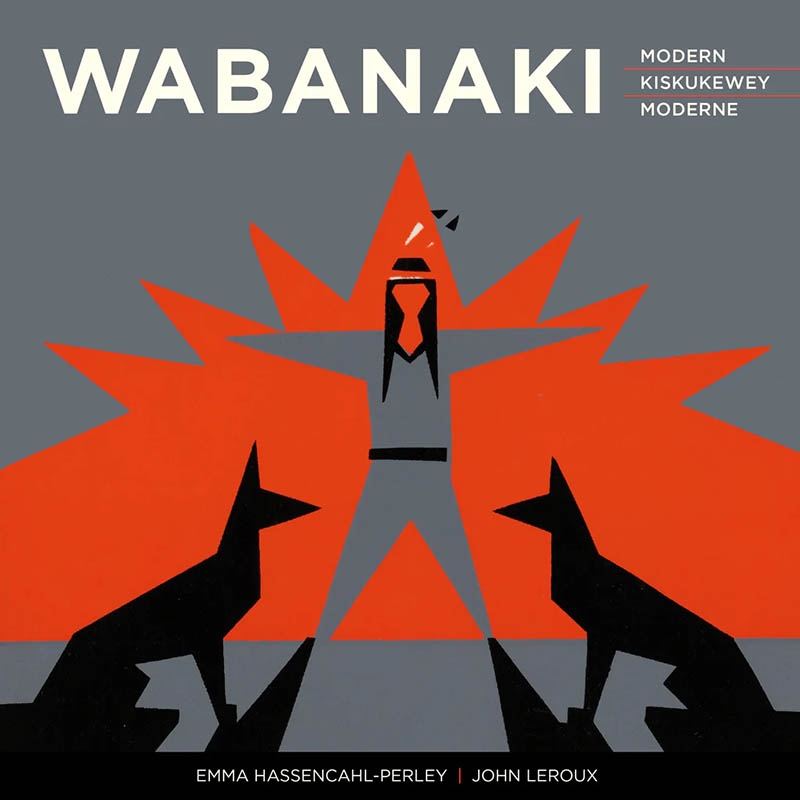Title: Wabanaki Modern
Published by: Goose Lane Editions with the Beaverbrook Art Gallery
Price: $45
ISBN: 9781773102665
In the early 1960s, a small number of Indigenous-led artist cooperatives needed government funding to boost commerce on reserves. At their peak, the Micmac Indian Craftsmen could be found in print media from coast to coast to coast, including in books, exhibitions, silkscreened notecards, jewelry, tapestries, and even English porcelain. Since then, the “Micmac Indian Craftsmen'' or MIC of Elsipogtog have faded away from the memory of the public after a fire at their main building and the withdrawal of government support put an end to their operations.
However, with the release of Wabanaki Modern, the story of the ground-breaking cooperative of modernist Indigenous artists is being shared for the first time. The recently published Wabanaki Modern will be featured at the Beaverbrook Art Gallery in the Fall of 2022. The book contains a collection of essays on the history of the vibrant art workshop, archival photographs, and stunning full-colour reproductions of the MIC’s most influential pieces. Wabanaki Modern is available in English, French, and Mi’kmaw to breathe life into a remarkable story and an extraordinary artistic legacy. It also features an essay on the broader cultural context of the MIC by Emma Hassencahl-Perley and documentation of their history by John Leroux.
About the authors:
Emma Hassencahl-Perley is a Wolastoqey visual artist, curator and educator from Neqotkuk (Tobique First Nation). She is pursuing an MA in art history at Concordia University, where her research examines Wabanaki identity through material and visual culture.
John Leroux is the manager of collections and exhibitions at the Beaverbrook Art Gallery. Leroux has worked in art history, architecture, visual art, curation, and education. He has authored or edited sixteen books, including Peter Powning: A Retrospective and The Lost City: Ian MacEachern’s Photographs of Saint John.

